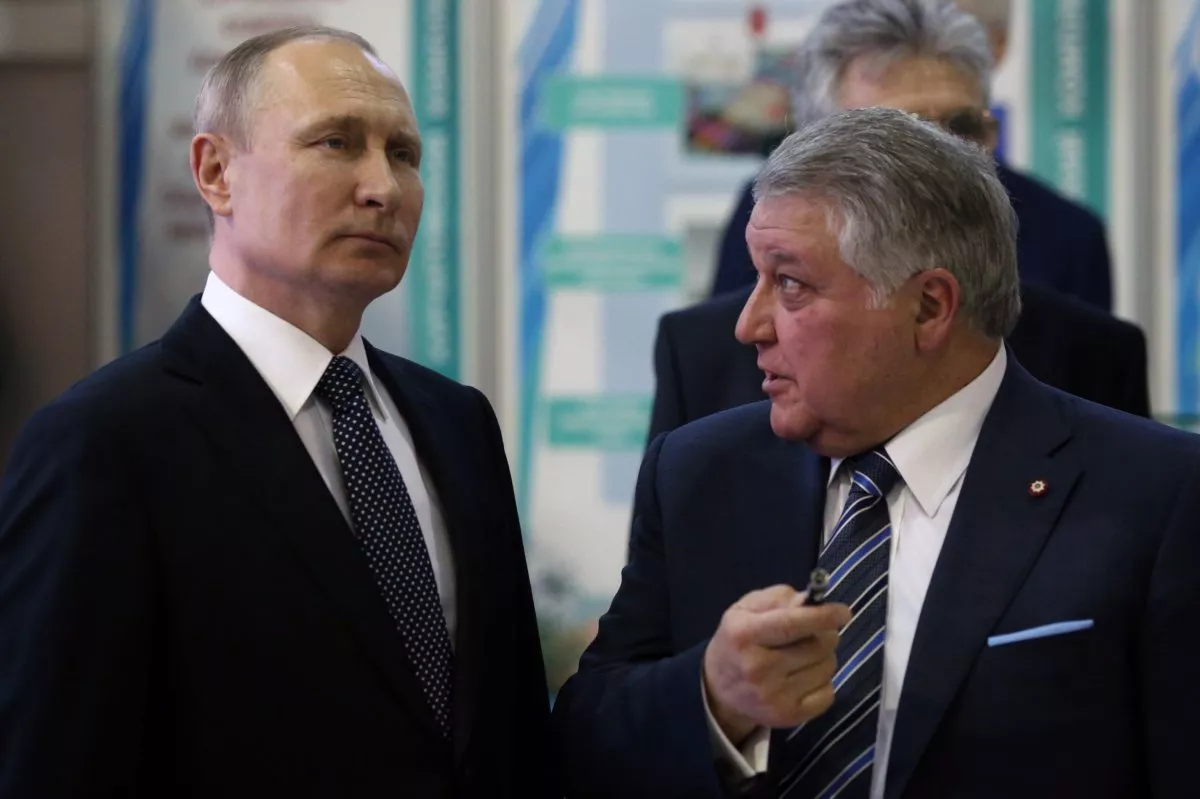Russian scientists have been told to work on treatments that could help tackle the country’s declining life expectancy as part of a decree announced by President Vladimir Putin this year that seeks to “save 175,000 lives” by 2030, according to a the investigation.
In May, the Russian leader announced that one of his goals for his fifth term as president was to increase the country’s life expectancy to 78 years by 2030 and to 81 years by 2036, including “rapid increases in life expectancy healthy”.
Russia’s Federal State Statistics Service (Rosstat) released data in July showing that average life expectancy in Russia had fallen between July 2023 and June 2024 to 73.24 years – the same as in 2017 – the Kyiv Post reported.
The Russian Health Ministry’s department of innovative health care science and development sent a letter to Russian research institutes in June, asking doctors to urgently come up with proposals to help preserve the health of Russian citizens, Russian media reported on Monday. independent Russian news outlets Meduza and Sistema. .

Mikhail Svetlov/Getty Images
The publications, which obtained a copy of the letter, said doctors were asked to work on developing medical products “aimed at reducing the burden of cellular aging” by “estimating biological age using various methods.”
Examples of conditions include sarcopenia, which results in muscle wasting caused by aging; senile asthenia, which is a general physical weakness associated with old age; and osteoporosis, a systemic skeletal disorder.
The letter also urged doctors to work on the development of “new neurotechnologies and related medical products aimed at, among other things, the prevention and development of cognitive and sensory disorders,” as well as “methods to correct the immune system based on identified critical indicators in aging”.
Russian doctors should also work on developing “new methods of medical technologies (including medical devices) based on bioprinting technology,” the letter said.
Russia’s deputy prime minister, Tatyana Golikova, said in May that “demographic trends in recent years are creating new challenges for health care.” Russia’s main focus now is to develop “advanced fields of medical technology” that will increase the country’s life expectancy, she said.
A Russian doctor who received the letter in June said they were surprised that doctors were being asked to work on the proposals with such urgency.
“We were asked to send all our developments urgently, and the letter arrived, let’s say, today, but everything was supposed to be sent yesterday. To be honest, this is the first time in my life that I have come across this – usually any national project or FTP [federal target program] it is preceded by a series of meetings with the participation of various specialists, a kind of public discussion”, said the doctor.
A source close to the Kremlin told the publication that the government lacks funding for a project of this scale.
“All the modern research discussed in the national project is quite expensive – it requires a lot of money and expenses. The development of new drugs costs billions, no national project can afford it, especially now,” the source said. “I don’t think they’re going to be able to put something meaningful together quickly.”
Mikhail Kovalchuk, a physicist and member of an elite group close to Putin, is reported to have lobbied for the project. “He is raving about eternal life and the ‘Russian genome,'” said a Kremlin source.
Newsweek contacted Russian authorities for comment by email.